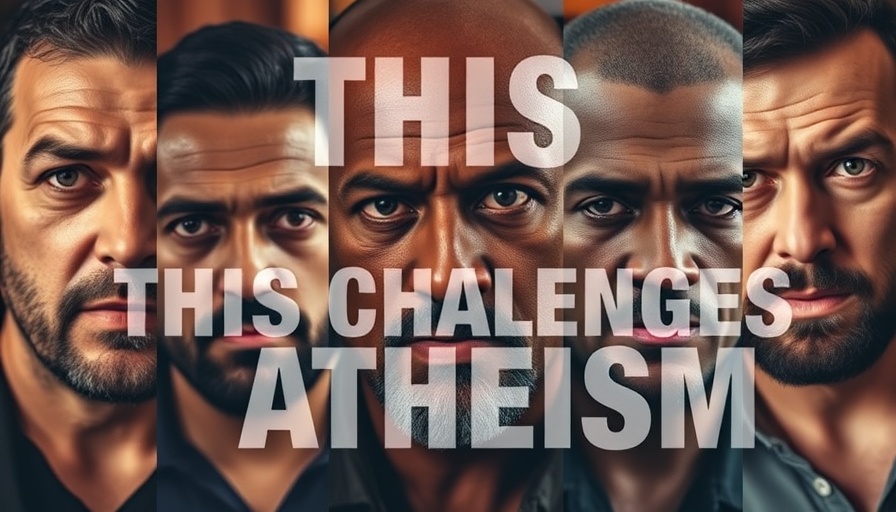
Understanding the Call to Love Beyond Disagreement
In a world marked by division, the idea of loving others, especially in disagreement, can be an uphill battle. It challenges us to confront our biases and understand that love transcends our differences. The video titled Loving others in disagreement presents a simple yet profound message: embracing love in times of conflict is not just a nice thought, but a necessary practice.
In 'Loving others in disagreement', the discussion dives into the essential nature of love amidst differences, sparking deeper analysis on how we can actively embody this principle in our lives.
The Power of Love in Conflict
Love possesses a transformative power that has the ability to bridge gaps created by disagreement. When we choose to love—regardless of our contrasting viewpoints—we create an environment where dialogue and understanding can flourish. This is crucial not just in personal relationships but also in broader societal interactions. As believers and thinkers alike grapple with conflicting ideologies, meaningful conversations can help foster unity in diversity.
Historical Context: Love in Action
Looking at biblical history, we find numerous instances where love triumphed over discord. Jesus modeled this principle through His interactions with diverse groups, including the outcasts and those considered enemies by society. For instance, the story of the Good Samaritan illustrates how one can extend love and kindness across cultural and ideological barriers. These stories remind us that loving others in disagreement can lead to significant societal change.
Practical Insights: How to Love in Disagreement
The question arises: how can we put this into practice? Here are a few actionable insights based on the video and supported by theological principles:
- Listen Actively: Truly hear the concerns of others instead of waiting for your turn to speak. This not only fosters respect but can also reveal common ground.
- Practice Empathy: Try to understand the emotions behind differing opinions. Taking a moment to empathize can soften hearts and open doors for constructive dialogue.
- Respond with Grace: In disagreement, it’s easy to react defensively. Taking a moment to respond thoughtfully can diffuse potential conflict and pave the way for love.
Counterarguments and Diverse Perspectives
However, not everyone may agree with the notion that love should be prioritized in disagreement. Some may argue that standing firm in one’s convictions is essential, even if it leads to conflict. While it’s crucial to adhere to one’s beliefs, it’s equally vital to consider how we express these beliefs. We should strive to create an atmosphere of love, even while upholding truth.
The Role of Community in Fostering Love
Our local and global communities play a pivotal role in shaping how we engage with those we disagree with. Communities rooted in love and acceptance can act as models for behavior, showing that it is indeed possible to dialogue and remain united amidst disagreements. These interactive environments foster personal and collective growth, encouraging individuals to practice love as a community ethic.
Conclusion: A Call to Action
Loving others in disagreement is a beautiful but challenging endeavor. As we navigate our diverse world, let's not shy away from the call to love. It's essential to actively participate in creating this culture of love—not just in our private circles but within our larger communities. So whether you're a believer strengthening your faith, a skeptic examining ideas, or anyone wondering how to bridge gaps in a divided world, the call to love is universal and timeless. We invite you to reflect on how you can practice loving those you disagree with and to share your experiences with others. Together, let’s foster an environment reflecting compassion and understanding.
 Add Row
Add Row  Add
Add 








Write A Comment